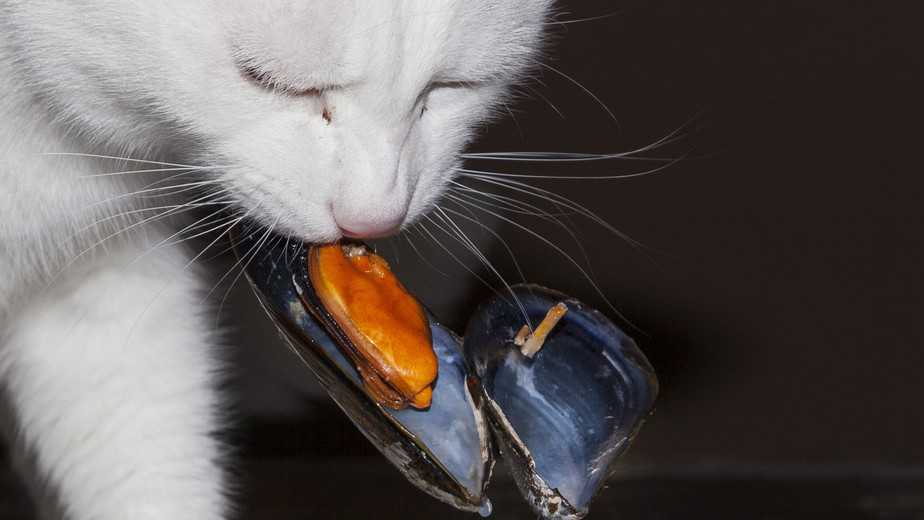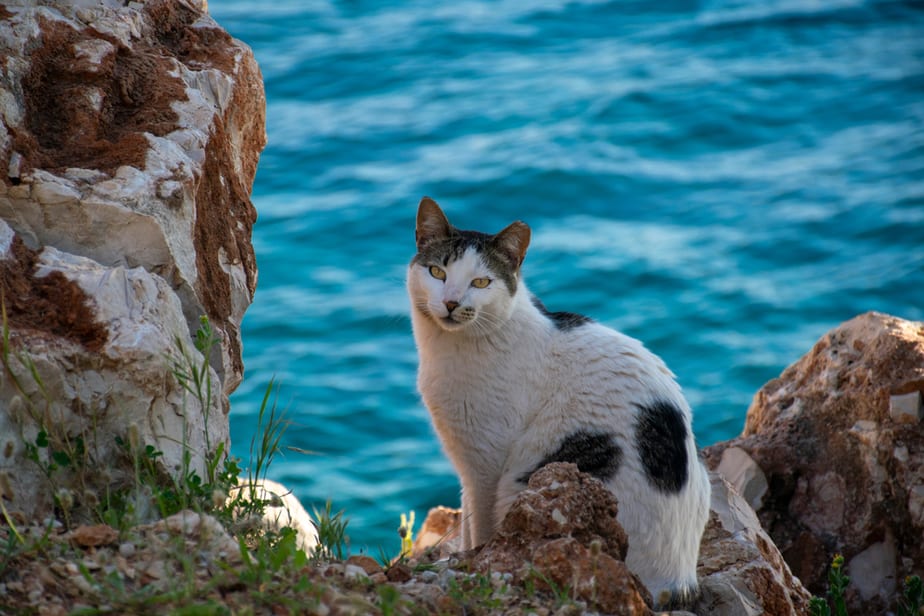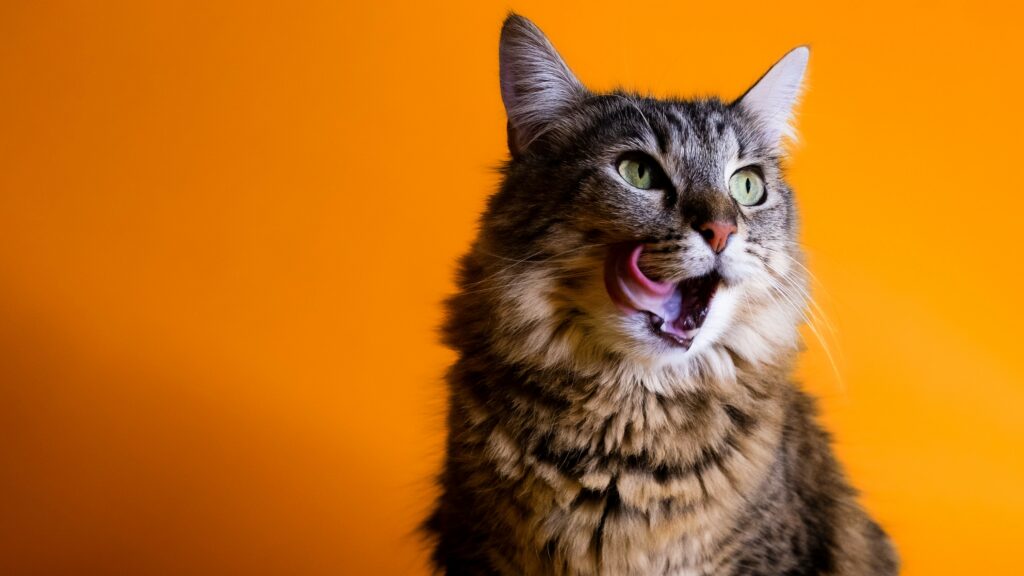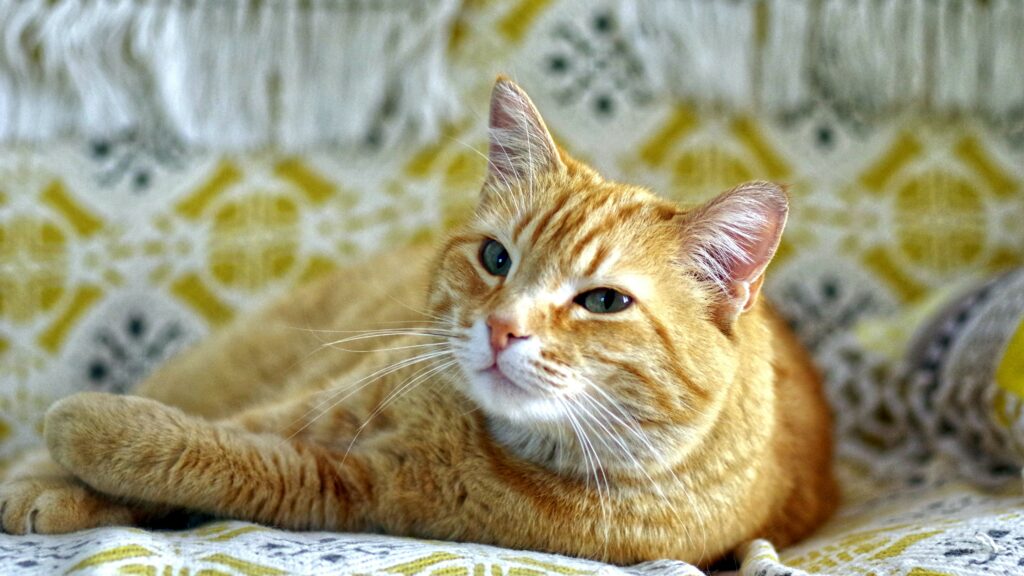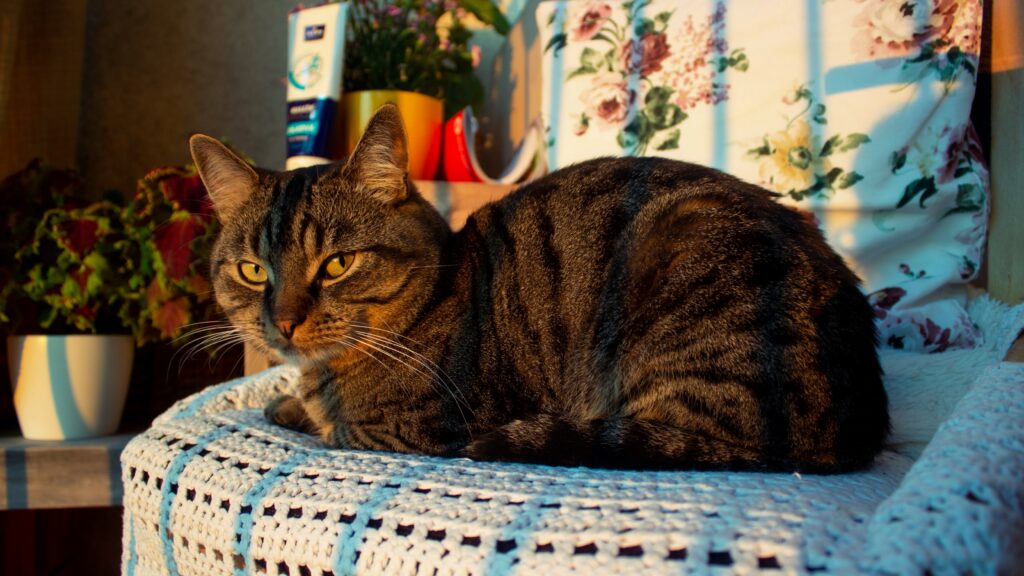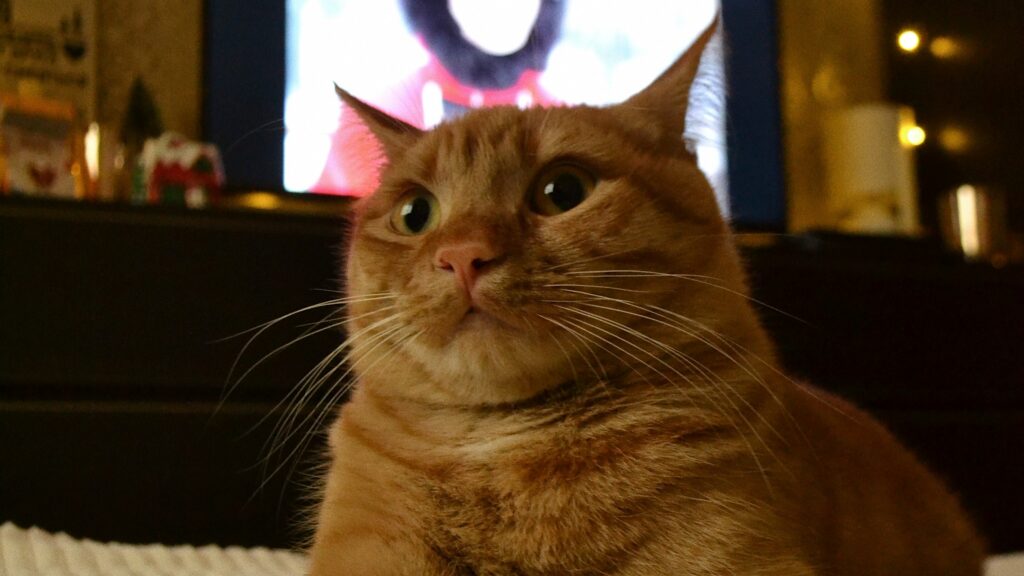📖 Table of Content:
Cats have been known to enjoy seafood just as much as their owners – if not even more. You shouldn’t be surprised when you prepare a gourmet meal and your feline friend decides to join in. You might find yourself wondering: is all seafood safe for cats? Can cats eat mussels, for instance?
Mussels are packed with minerals, vitamins, and amino acids that are bound to keep your kitty happy and healthy. Adding a natural source of nutrients to your furry companion’s daily menu is always a good idea.
So, could this be too good to be true? Seafood is known to cause allergies in some humans and their pets. Unless your kitty is allergic to mussels or other mollusks, you shouldn’t be afraid to add them to your grocery list.
But since it’s better to be safe than sorry, you can always try to find out more about the food, before you choose to include it in your cat’s diet.
What are mussels?
Mussels are fresh or saltwater bivalves, very popular among humans for many different reasons. They are easily collected and prepared, rich in essential nutrients, and overall a great choice for any occasion.
These mollusks have a very odd shape that might spark your furry friend’s interest. They are hard on the outside, yet soft and chewy on the inside – a perfect combination for the picky eater eagerly waiting to bite into it.
Cats are notorious for outgrowing regular cat food. Don’t get me wrong, they are very picky about what goes into their bellies but they also get bored easily (and kibble isn’t the most exciting food out there!).
But, can cats really eat mussels? Long story short – yes, they can! If you prepare them with little to no seasoning you will be providing your furry friend with one of the healthiest snacks out there.
Are mussels healthy for your cat?
“Can cats eat mussels? Are they even healthy for my feline?”
Mussels can be extremely healthy if they are not the only thing you are feeding to your pet. There are many other sources of nutrients you need to consider for your cat’s diet, but, mussels can be a great starting point.
Although they are a great source of protein, vitamins, and minerals there are certain things you have to keep in mind. First of all, never feed your cat raw mussels! There are certain parasites that can be found in them if they are not cooked properly. If your cat has accidentally eaten uncooked mussels you should contact your vet.
Another thing to keep in mind when preparing mussels for your pet is to avoid seasoning. Salt, sauces, and other condiments add little to no nutritional value, and they can be quite harmful to your cat. Your hungry little monster might be more drawn to the delicious smells of seasoning but it’s better to avoid a cat-astrophe!
Five reasons you should feed mussels to your cat
One thing is for sure: these delicacies will keep your kitty salivating and wanting more. However, being a fine food specialty isn’t their only asset.
There are various advantages and health benefits that will persuade you to include mussels in your kitty’s regular menu.
1. Protein
Cats are carnivores and they need a lot of protein in their diet. Not only are mussels an excellent source of protein, but they are also highly bioavailable. That means that your feline companion will have no trouble absorbing the protein and using it to build body tissue.
It is also important to mention that if you’re using freeze-dried mussels you should saturate them in water before feeding your pet. This is the best way to replicate fresh mussels while meeting your kitty’s hydration needs at the same time.
This will also prevent your feline friend from looking for fresh water in less than clean locations (those toilet seat covers will go down in hiss-tory!).
2. Fat
Mussels are naturally rich in fat and omega fatty acids, which are essential for your kitty’s health and proper cellular function. They contain different types of Omega-3 fatty acids which have been proven to have anti-inflammatory effects on your pet’s skin, nerves, and joints.
These fatty acids can also be found in store-bought snacks. But, they can potentially become rancid if stored incorrectly since they were added from other animal or vegetable sources. Fresh mussels have a lower risk of going bad since they are normally consumed immediately or freeze-dried for later.
Processed treats often contain rendered fat filled with chemicals and preservatives. It is always a better idea to opt for natural sources of fat and fatty acids for you and your pet.
3. Vitamins and minerals
Mussels are packed with vitamins and minerals such as Calcium, Magnesium, Phosphorous, Potassium, Iron, and Selenium which are beneficial for your cat’s immune system, reproductive health, and proper metabolic function.
Not only that, a portion of mussels has more vitamins and minerals than a portion of T-bone steak or chicken. You should definitely add that to the list of reasons why you should treat your feline friend to a mussels specialty.
4. A low-calorie choice
Keeping an eye on your furry friend’s weight isn’t an easy task. Cats tend to become overweight as they grow older, especially if they spend most of their time indoors, and don’t get enough exercise.
Mussels are a perfect treat with only eight calories per bite. Most ready-made snacks are high in calories and low in nutritional value which makes them a regrettable choice. If you want to keep your feline friend in perfect shape, you should consider swapping regular cat treats for these marine delicacies.
5. Lack of unhealthy additives
Commercially-available snacks are filled with artificial colors and flavors, chemical preservatives, and unnatural ingredients. That doesn’t sound so appealing, does it?
Regardless of that, so many pet parents have been falsely convinced that their furry babies shouldn’t eat human food and should only snack on highly marketed pet foods and treats. But, if you take some time to analyze the label you might be surprised by all the harmful ingredients.
Mussels are completely natural, nutritious, and low in calories. They make a perfect snack for your feline friend (just don’t forget to cook them properly!).
Can cats eat green-lipped mussels?
The green-lipped mussel is a special type of shellfish named after its green edges. What makes it so different from other types of mussels is its medicinal use. It is claimed to have healing, anti-inflammatory properties and is a popular ingredient in various supplements.
So, can cats eat green-lipped mussels? The answer is yes – kind of. These mollusks are acceptable for cats, but you should avoid them if your kitty has underlying seafood allergies.
If not, nothing is stopping you from trying to help your kitty get better by using green-lipped mussels to your advantage. You can use them to treat different diseases such as osteoarthritis, rheumatoid arthritis, or even hip dysplasia.
They also come in form of supplements which might make them even easier to use. But, you have to be extremely careful about the correct dosage of green-lipped mussels your cat might need.
The weight of your cat determines the amount it needs to get the essential nutrients and benefits. If you are not sure, it is always best to consult the vet.
Are there any side effects you should be worried about? Other than possible seafood allergies, your cat shouldn’t have any adverse reactions to green-lipped mussels. Diarrhea, vomiting, lethargy, and loss of appetite are all signs of an allergic reaction. If your cat is experiencing any of these make sure to contact the vet immediately.
What other seafood can cats eat?
Keeping in mind all the amazing benefits mussels bring to the table; you might be wondering, what other types of seafood can cats eat?
Most seafood is cat-proof if you prepare it properly. Boiled, baked, or grilled fish works best for your feline friend. If you are looking into marine cuisine for added nutritional value, you might want to focus on oily fish like tuna or sardines.
However, there are many other types of seafood you could include in your pet’s regular diet to make it more exciting.
Lobster
Lobster is a great source of beneficial nutrients and it’s safe for your furry friend to eat in moderation. Make sure to introduce lobster in small, well-cooked portions, with little to no seasoning.
Never feed your cat raw lobster! It contains parasites and bacteria that could upset your kitty’s stomach and cause various digestive issues down the line.
Crab
Cats are big fans of crustaceans and you shouldn’t be scared to occasionally feed them crab meat. Crab meat is high in protein, vitamins, and minerals which makes it a perfect snack for your feline friend.
Once again, you should never feed your cat raw meat. It is best to cook it in high temperatures to kill any potential parasites and viruses. This is the best way to ensure your pet’s safety.
Squid
There is no way your furry friend hasn’t been tempted by squid delicacies and tried to grab a piece while you weren’t looking! Don’t freak out – cooked squid is perfectly safe for your pet.
Just like any other seafood, as long as you cook it properly you can serve it as a delicious treat. Make sure to use no seasoning and to cut it into smaller pieces since squid isn’t the easiest meat to chew through.
I can’t stress this enough – never feed raw squid to your cat! Raw squid contains microbes that could cause food poisoning and salmonella which is harmful to both you and your pet. It is also extremely rubbery, making it a serious choking hazard.
Oysters
Cats can enjoy an occasional oyster or two, but there is no reason to enjoy them more often since they have very little nutritional value.
Cats shouldn’t eat raw oysters under any circumstances since they contain certain enzymes that act differently in a cat’s body and can be extremely harmful, or even fatal.
Final thoughts
Can cats eat mussels? The verdict is here, loud and clear – cats can and should eat mussels! They are a great source of protein, minerals, and vitamins and can even be used to battle feline diseases. It is completely safe to feed them mussels and other types of seafood as long as you take certain precautionary measures.
Your furry companion will be forever grateful if you clean and cook these snacks properly, at the right temperature, and use them only occasionally.
Make sure to look out for any seafood allergies, and react accordingly if you notice signs of diarrhea, vomiting, or distress. Consult with your vet if you are planning on introducing mussels as a regular addition to your pet’s diet.
Remember, next time you’re preparing a gourmet meal throw in some extra mussels to treat your feline friend. Your cat will find a way to repay you (with lots of love and affection – and a scratch or two!).
Related post: Can Cats Eat Clams? Are These Tasty Bivalves Good For Your Pet?
